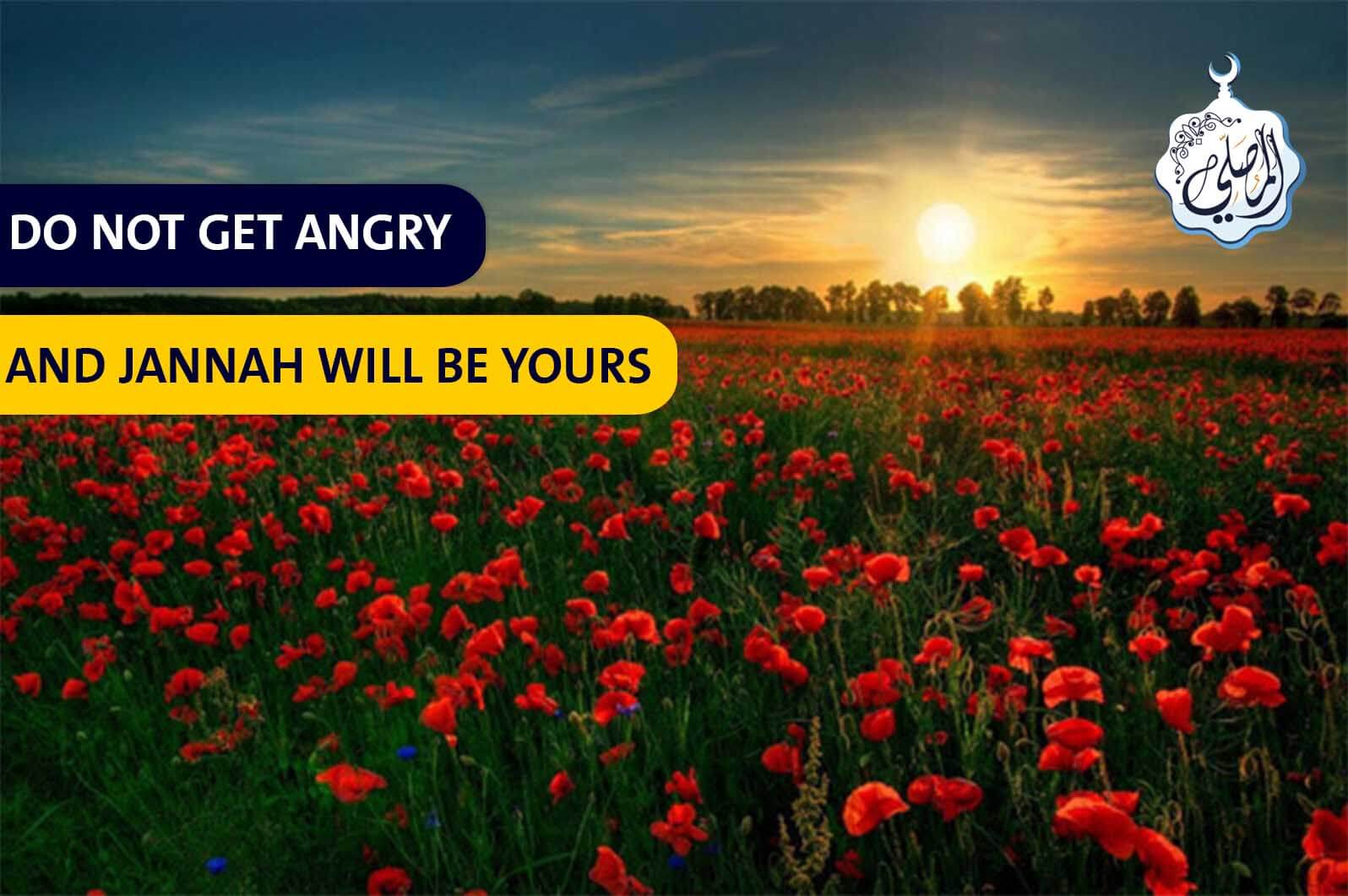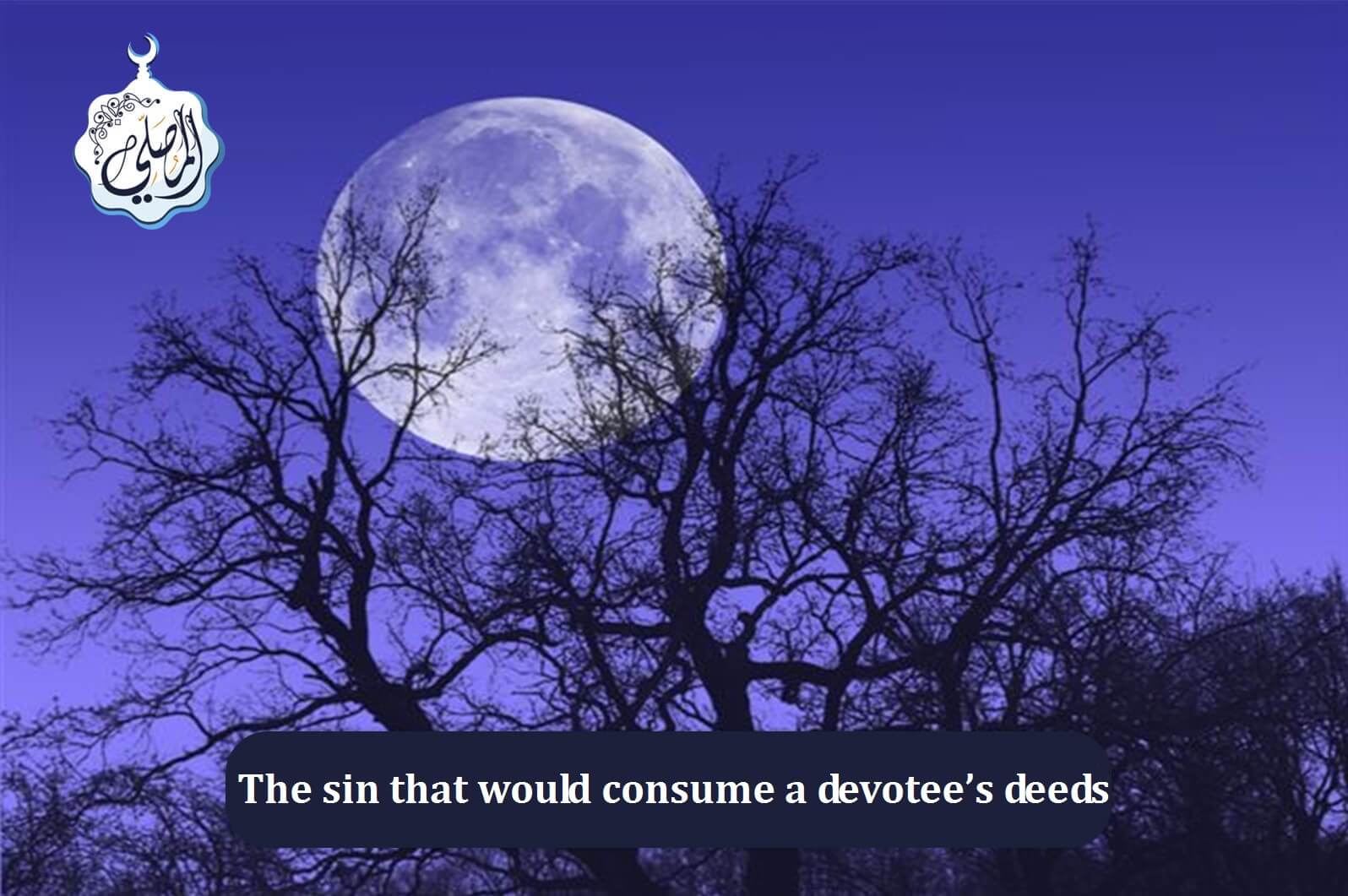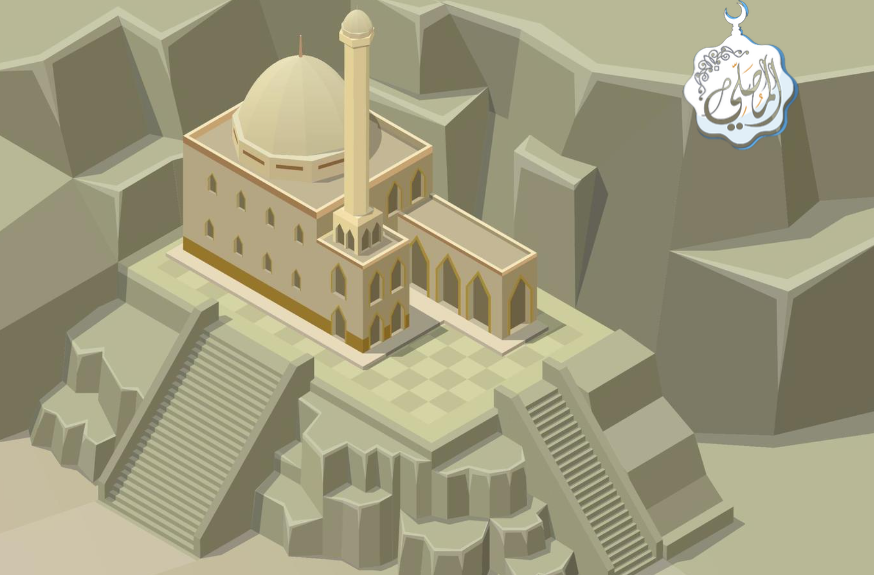
Udhiyah, also known as Qurbani, is the ritual sacrifice performed by Muslims during the days of Eid al-Adha as a commemorative act that honors the obedience of Prophet Ibrahim (Abraham) to Allah’s command. This significant practice not only symbolizes sacrifice but also fosters a sense of community and compassion. In this article, we will explore the etiquette, rulings, and essential information concerning Udhiyah.
1. What is Udhiyah?
Udhiyah refers to the sacrifice of permissible animals, primarily sheep, goats, cows, and camels, during the three days of Eid al-Adha. It commemorates the willingness of Prophet Ibrahim to sacrifice his son Isma'il in obedience to Allah, a test he was willing to undertake for the sake of his faith. This act highlights the themes of sacrifice, gratitude, and togetherness in the Muslim community.
2. Rulings and Conditions of Udhiyah
The following are some key rulings and conditions regarding Udhiyah:
Obligation: Udhiyah is considered a Sunnah Mu’akkadah, meaning it is highly recommended and encouraged for those who can afford it. It is not obligatory but highly meritorious.
Eligibility: The person offering Udhiyah should be a Muslim, of sound mind, and should have reached the age of maturity.
Animal Specifications: The animal sacrificed must be healthy and defect-free. An animal that is sick, injured, blind, or significantly underweight is not fit for sacrifice.
Timing: Udhiyah is performed after the Eid al-Adha prayer (on the 10th of Dhul Hijjah) until sunset of the 13th of Dhul Hijjah. It is preferred to delay the slaughter until after the Eid prayer, but it can still be performed afterward.
Number of Animals: One animal suffices as a sacrifice for one individual or family. A cow or camel can represent seven people, making it possible for multiple families to share in a larger animal.
3. Etiquettes of Udhiyah
Performing Udhiyah requires adherence to specific etiquettes to ensure that the act is performed with the right intentions and respect:
Intention (Niyyah): Before the sacrifice, one should make a clear intention to perform Udhiyah for the sake of Allah.
Treat the Animal Well: The animal should be treated kindly and respectfully leading up to the time of sacrifice. It should not be mistreated or hurried.
Facing the Qiblah: When performing the slaughter, the animal should be positioned facing the Qiblah (direction of the Kaaba in Mecca).
Reciting the Name of Allah: As the slaughter is performed, it is essential to say “Bismillah, Allahu Akbar” (In the name of Allah, Allah is the Greatest).
Swift Execution: The slaughter should be done swiftly and compassionately to minimize any suffering to the animal.
Distributing the Meat: It is Sunnah to distribute the meat of the Udhiyah among family, friends, and those in need. Ideally, one-third should be given to the needy, one-third to relatives and friends, and you may keep one-third for yourself.
4. What You Need to Know Before Udhiyah
Choosing the Right Animal: Research and choose a reputable provider of livestock. Ensure the animal meets the required specifications as stated by Islamic rulings.
Planning Ahead: Arrange for the logistics of the sacrifice ahead of time, especially if you are participating in a community-based Udhiyah program. Be aware of local guidelines and practices.
Health Considerations: Ensure that the animal is healthy and suitable for sacrifice. An animal showing signs of sickness or infirmity should be avoided.
Communal Udhiyah: Many communities organize joint Udhiyah initiatives where groups can collectively participate. This can offer opportunities for giving and enhance community spirit.
Conclusion
Udhiyah is a profound act of worship that symbolizes obedience, gratitude, and community support. By adhering to its etiquettes and rulings, and performing it with sincere intentions, Muslims can connect more deeply with their faith and with one another. It serves as an opportunity to reflect upon the values of sacrifice, generosity, and compassion during this blessed time. May Allah accept our Udhiyah and grant us the strength to practice generosity throughout the year










 share facebook
share facebook share whatsApp
share whatsApp share twitter
share twitter share telegram
share telegram copy
copy






